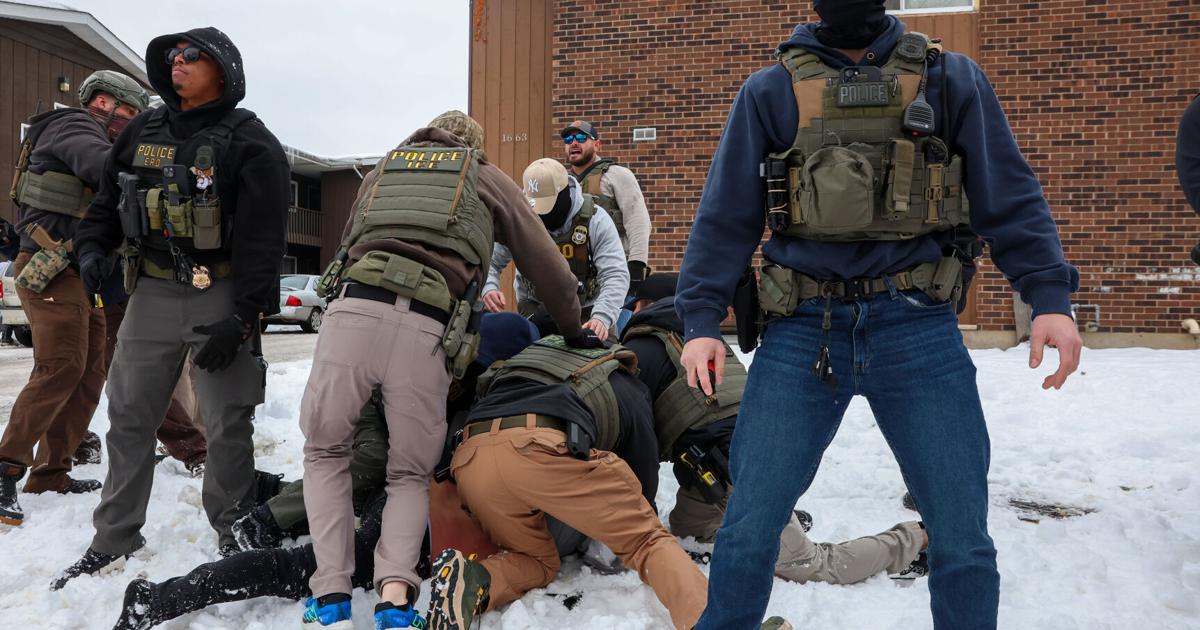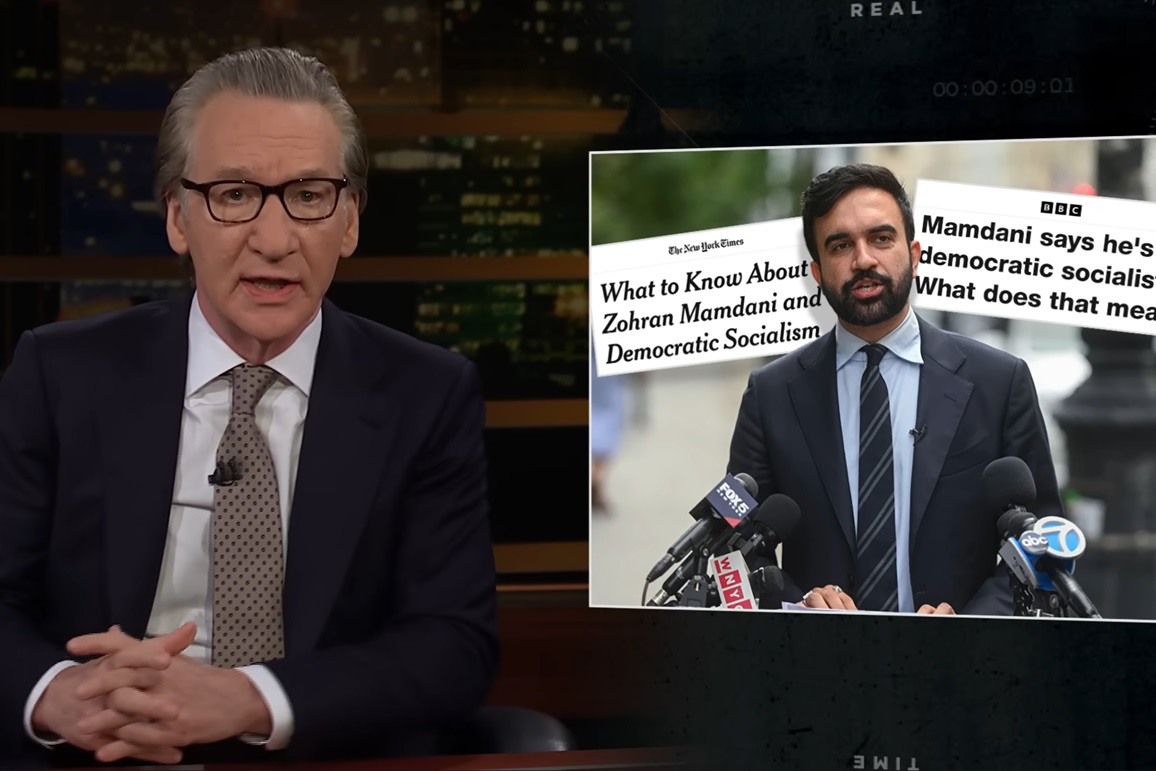Michael Garcia secured a decisive victory in the recent mayoral election, successfully emerging from a competitive field of seven candidates to become the next mayor of Santa Fe. The election results, announced on Tuesday, highlight Garcia’s broad appeal among voters, who responded positively to his campaign promises and vision for the city. Celebrating with family and supporters, Garcia expressed his gratitude and determination to begin the work ahead.
As is often the case in politics, the triumph of victory is quickly followed by the responsibilities of governance. With his inauguration set for January, Mayor-elect Garcia now faces the challenge of transitioning from campaign mode to effective leadership. His immediate focus will be on forming a transition team, which is crucial for planning the early days of his administration.
Garcia will benefit from the insights of several former Santa Fe mayors, including current Mayor Alan Webber. Their experience will be invaluable as he navigates the complexities of city management. Notably, former Mayor Sam Pick has emphasized the importance of being present in the community to understand the needs of constituents, a principle Garcia seems eager to adopt.
Key appointments will also shape the new administration. Garcia has the authority to appoint a city manager, city clerk, and city attorney, all of which require approval from the City Council. Current City Manager Mark Scott has set a high standard for professionalism, while City Attorney Erin McSherry has announced her departure to pursue a Fulbright U.S. Global Scholar position. The new mayor will also select a city clerk, as Andréa Salazar holds this position.
The newly formed City Council will bring fresh perspectives, with newly elected members Patricia Feghali in District 1 and Elizabeth Barrett in District 2 joining reelected incumbents Lee Garcia and Amanda Chavez. The council will need to work collaboratively with the new mayor to establish a productive governing body, particularly as two councilors with extensive experience—Signe Lindell and Carol Romero-Wirth—will not return.
Despite winning the election, Garcia will govern with a reduced power structure. Voter-approved measures restrict the mayor’s voting authority to instances of tie-breaking or quorum creation, and allow a supermajority of six councilors to dismiss the city manager, city attorney, and city clerk. This shift reflects a commitment to a balanced governance approach, emphasizing collaboration between the executive and legislative branches.
Effective governance often hinges on the successful execution of essential services. Garcia’s administration will need to ensure that daily operations run smoothly, from timely trash collection to maintaining public safety. A well-functioning city is built on the consistent delivery of these services, as they contribute to a clean, vibrant, and secure environment for residents.
With numerous priorities on the horizon, including the development of a comprehensive general plan, improved services for the homeless community, and investments in sustainability, Garcia’s leadership will be tested. The tasks ahead require not just vision but also capable implementation.
As Michael Garcia transitions from mayor-elect to mayor, the real work begins. He has enjoyed a moment of celebration, but the path to effective governance is now his primary focus. The citizens of Santa Fe will be watching closely as he embarks on this crucial journey.







